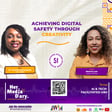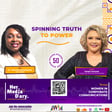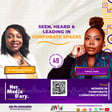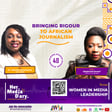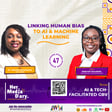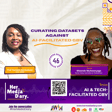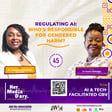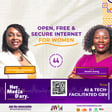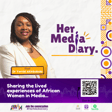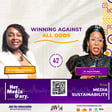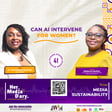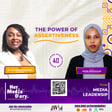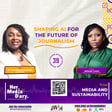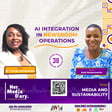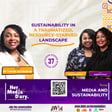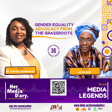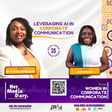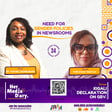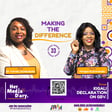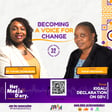
Her Media Diary Episode 17: "Environmental Reporting Using Gender Lens" With Annie Zulu
Annie Zulu is an accomplished freelance journalist with a remarkable career in the media industry spanning over 7 years. She has earned numerous awards for her outstanding contribution to Journalism. Her focus is on investigative stories that are often underreported, particularly those that address issues affecting women, children, climate change, and the environment.
In this episode, Annie shares her unique experiences while navigating the media industry as a female freelance journalist focusing on issues affecting women, children, climate change, and the environment.
Annie’s story speaks directly to freelance female journalists who have had to struggle at different points in their career journey as well as to budding freelance journalists who are on the lookout for opportunities and tips to get to the peak of their careers.
Subscribe to Her Media Diary now on your favourite podcasting platform https://linktr.ee/hermediadiary
Learn about African Women in Media https://africanwomeninmedia.com
List of organisations/ Resources for Environmental Journalists
Earth Investigations Programme
The Health of Mother Earth Foundation (HOMEF)
United Nations Environment Programme
African Network of Environmental Journalists (ANEJ)
Environmental Reporting for African Journalists: A Handbook
African Rainforest Conservancy
The Horn of Africa Regional Environment Centre and Network (HoA-REC&N)
